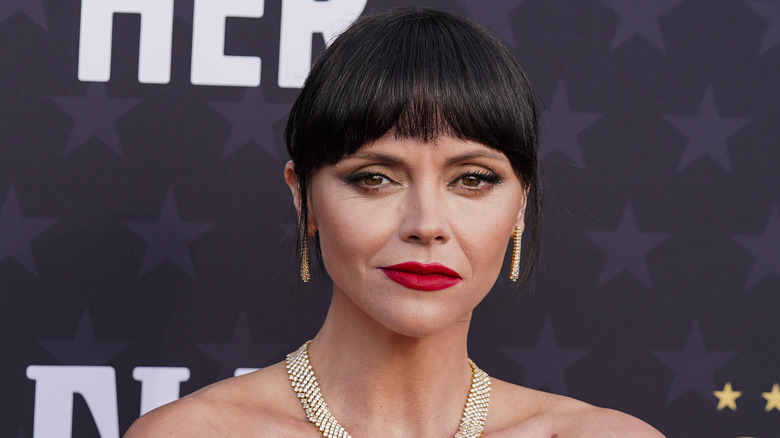Woody Allen, a master of cinematic introspection, embarked on a new chapter with “Anything Else” in 2003. This romantic comedy, while carrying the familiar stamp of Allen’s witty dialogue and neurotic characters, marked a shift in focus. Instead of the familiar milieu of older, intellectual New Yorkers, “Anything Else” centered on the turbulent relationship between Jerry Falk, a young aspiring writer, and his captivating yet unpredictable girlfriend, Amanda Chase.

Jason Biggs, known for his comedic roles, brought a fresh energy to the role of Jerry, navigating the complexities of love and ambition in the bustling backdrop of New York City. Christina Ricci, as Amanda, delivered a captivating performance, embodying the character’s mercurial nature with both charm and a touch of manic energy.

The film, which premiered at the Venice International Film Festival, received mixed reviews upon its release. While some critics praised the witty banter and the nuanced performances, others felt it lacked the originality of Allen’s earlier works. However, “Anything Else” has since garnered a dedicated following, with many appreciating its focus on the anxieties and uncertainties of young love.

The film’s enduring appeal lies in its honest portrayal of youthful relationships. Amanda, with her unpredictable moods and impulsive actions, challenges the typical “Allen woman” archetype. Ricci’s nuanced portrayal of this complex character adds a layer of depth and realism to the narrative, making Amanda a memorable and relatable figure.
“Anything Else” may not be considered one of Allen’s masterpieces, but it remains a significant entry in his filmography. It showcases his enduring ability to capture the nuances of human relationships, albeit through a younger lens. The film serves as a reminder of Allen’s versatility as a filmmaker and his continued exploration of love, loss, and the complexities of the human condition.
![Christina Ricci says women in Hollywood are 'getting to play more and more interesting characters' [Video]](https://media.zenfs.com/en/aol_yahoo_tv_711/75d2f9e58ccfe700e0692bc3a1377057)